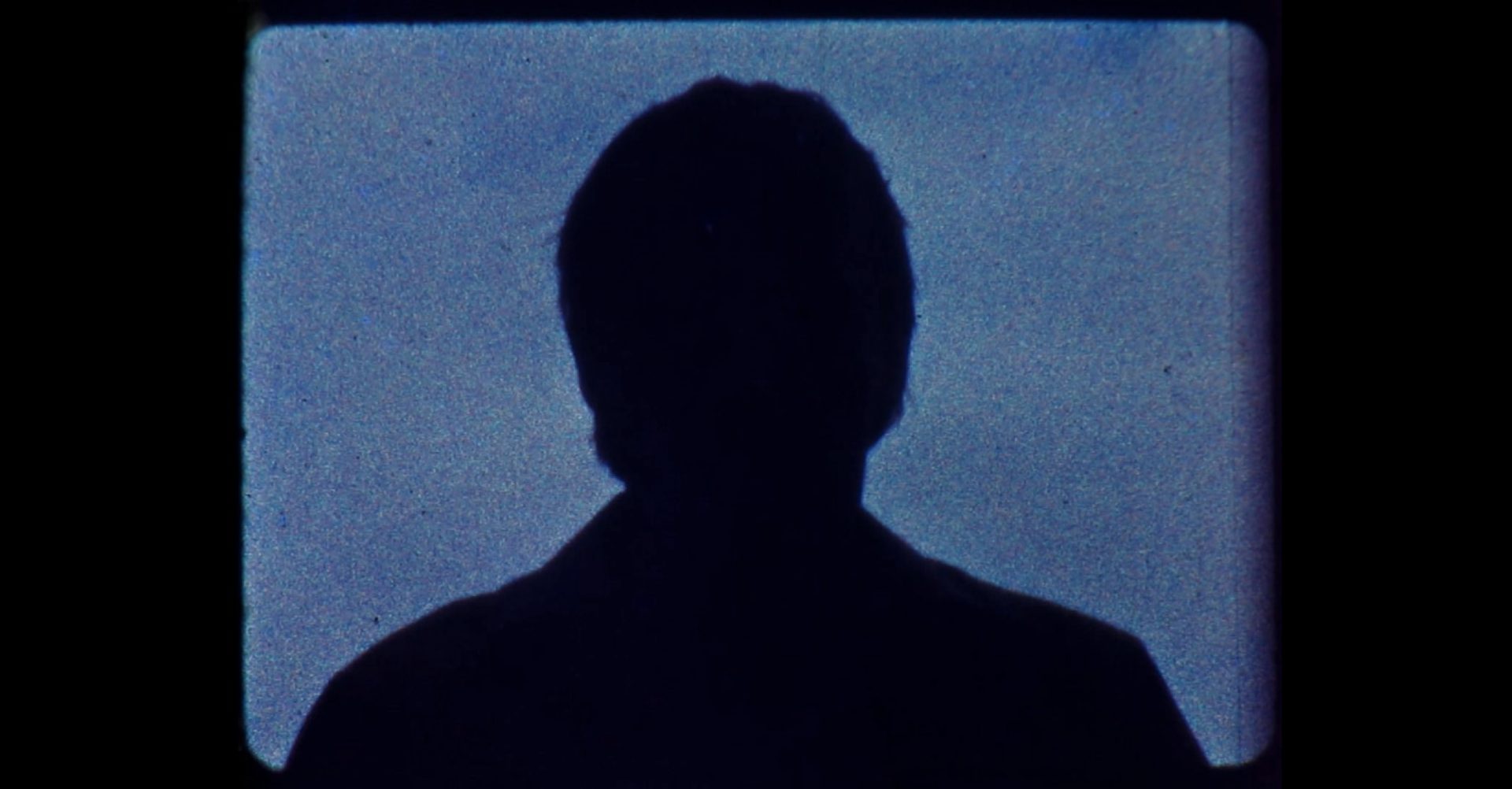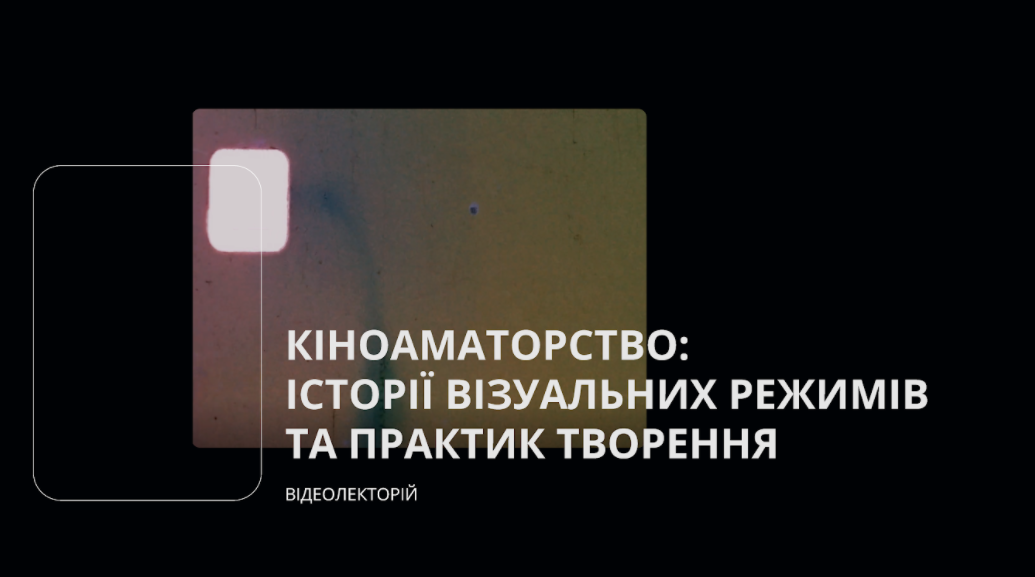A Story That Might not Have Happened
12.5.2022, 18:30
Lviv Municipal Art Center, Lviv, Stefanyka 11
We invite you to the screening of the films by Orest Bachmaha and talk about the work of the author, media practice, the importance of preserving the archives of amateur filmmakers, which is organized by the Center for Urban History in cooperation with the Lviv Municipal Art Center.
The massive diffusion and availability of media technologies in the second half of the twentieth century allowed many to learn about themselves and the world through new visual means. It was no longer necessary to become a professional to master a camera or motion picture camera. The cost of devices was no longer an obstacle either. By mastering the technologies, the new creators were not constrained by dogmas of professionalism or profession. Instead, they opened up a space for free experimentation and self-expression.
The practices of Orest Bachmaha are the best example of freedom of creativity, which combines media, technology, ecology, but is also filled with humor. His main films were taken during the 1970s-1980s. They are outstanding in their attention to nature, the details of the world around them, as well as their technical scrupulousness. Key themes of his work are nature, connection with nature, and observation of its changes. Through films, Orest Bachmaha showed his way of interacting with the environment; he places himself and his own view in the center of the story.
Orest Bachmaha (1943-2021) is an artist, photographer, amateur filmmaker, poet, inventor and craftsman from Vynnyky, who combined his creativity with love for technology, ecology and tried to create things he could use himself. His films were digitized and included in the collection of the Urban Media Archive at the Center for Urban History.
During the meeting, we will watch a short film about the author — "Portrait of Orest Bachmaha" (director Olga Povoroznyk) and a retrospective of his films: "The Colors of Summer," "All This Still Exists," "My Weekend," "Pepe," "The Invisible Man," "The Story That Might Not Have Happened," "Homo Sapiens," "Portrait."
Part of the silent films of the author were voiced in 2020 as part of the [unarchiving] program, in cooperation with musicians Regina Zhelezniakova (Regina Collage) and Pavlo Olefirenko (Pilikayu).
The meeting will be conducted by Oleksandr Makhanets, a historian and archivist, head of the Urban Media Archive project at the Center for Urban History
The Colors of Summer, early 1970s, 13 minutes
This is the author’s first film. It records careful observation of changes in the life cycles of flora and fauna that occur in the garden near his house in Vynnyky. Originally, the tape was silent. In 2020, Regina Zheleznyakova (Regina Collage) and Pavlo Olefirenko (Pilikayu) wrote music for it.
My Weekend, 1978, 14 minutes
Self-portrait film: the author documents himself and his own vision of the world and nature around him, to give the viewer this perspective, to encourage them to be attentive to what surrounds us. For the phonogram, the author compiled the music by a composer Jean-Michel Jarre and his own recordings of the sounds of nature, which he made specially for the tape.
All of This Is Still There, mid 1970s, 17 minutes
This film is a manifesto of Orest Bachmaha, who 50 years ago called for the preservation of nature. The tape is accompanied by recordings of bird singing and music by Jean-Michel Jarre, Enzo Caroli and Antonio Vivaldi, and ends with poetry by Myroslava Kulyk.
Pepe, mid 1970s, 9 minutes
An epic comedy about a cyclist and doping, where the author involved his comrades and neighbors. Despite the entertaining nature, we had to work on the tape, to carefully prepare, think through the script, props and shooting locations. The film is complemented by new music written by Regina Zheleznyakova (Regina Collage).
The Invisible Man, mid 1970s, 7 min
Another humorous comedy by the author, which is based on a simple and common film reception with the disappearance of a man in the frame. The dynamics of the film is set by the escape and persecution of the main characters. It is already characteristic of Orest Bachmaha’s works to fit himself into the film but his hero is distanced from the event and depicted with his dog Pooh above the nonsense taking place around. In 2020, the work was voiced by the music of Regina Zheleznyakova (Regina Collage) and Pavel Olefirenko (Pilikayu).
A Story That Might Not Have Happened, early 1980s, 1 minute
An ironic metafilm that ridicules popular movies and soap operas. In the fictional credits, the author hid some jokes, but also his own name and surname, and to add to the pretence, he voiced the work with a fragment of the meaningful ballet “Swan Lake” at that time.
Homo Sapiens, 1970s, 1 minute
A concise and philosophical film that portrays the eternal problem of humanity, both on general and individual levels. Which one? You will learn when viewing. The music for the film was written by Pavlo Olefirenko (Pilikayu).
The event will take place live in the Lviv Municipal Art Center (Stefanyka, 11) and is part of the [unarchiving] program of the Center for Urban History.
Credits
Cover Image: screen shot from the film by Orest Bachmaha "All of this still exists" // Urban Media Archive of the Center for Urban History




